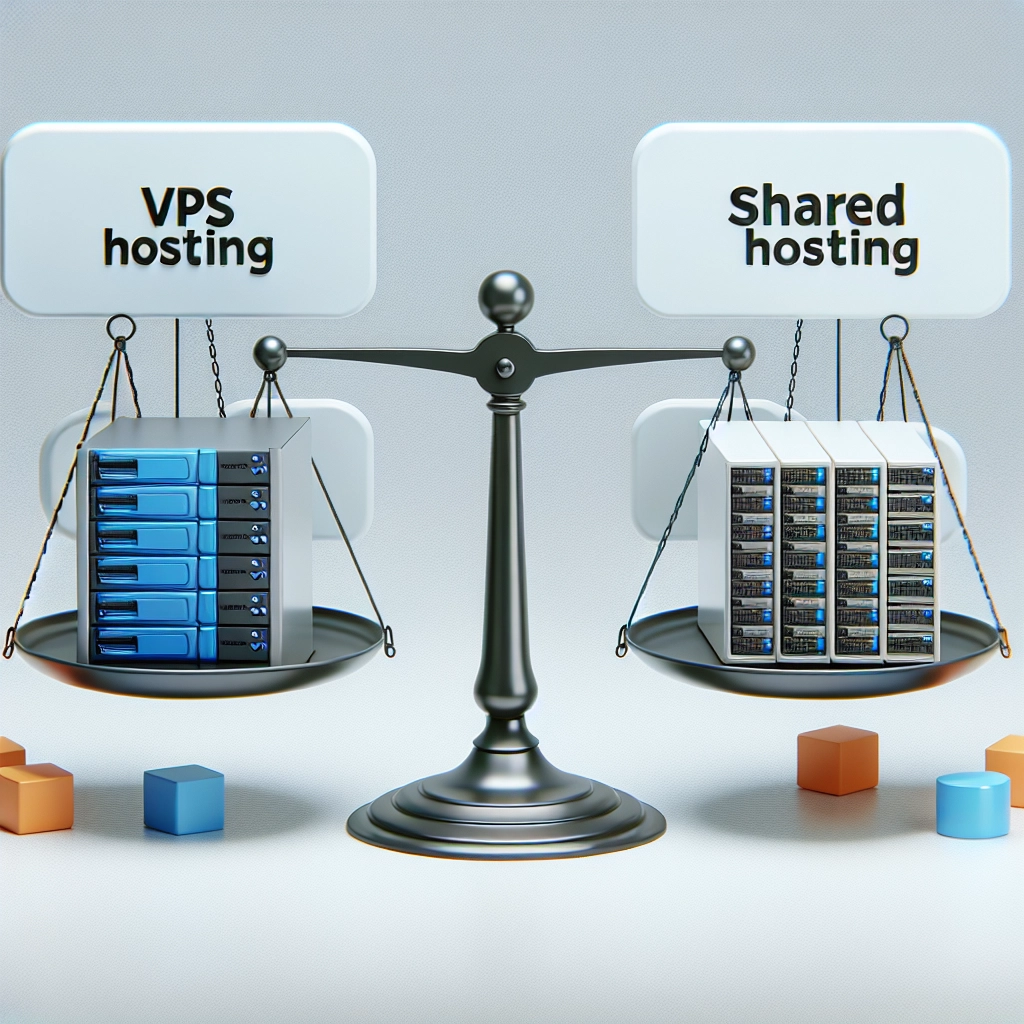When it comes to creating and maintaining a website, choosing the right type of hosting is crucial. You’ll often hear the terms "VPS hosting" and "shared hosting" tossed around, especially if you’re trying to figure out where best to plant your virtual flag. But which one is actually right for you? Let’s dive into the nitty-gritty of both to help you make an informed decision that fits your needs and budget.
What is Shared Hosting?
Shared hosting is like renting a room in a big house. Several websites share the same server resources—CPU, RAM, and disk space—leading to lower costs. It’s an economical option, making it attractive to beginners, bloggers, and small businesses. For those just starting out, the ease of use—often with one-click installations for WordPress and similar platforms—can make it a tempting choice.
One of the appealing aspects of shared hosting is the minimal maintenance required on your part. The hosting provider takes care of server management, security updates, and backups. However, because you’re sharing resources with other users, your website’s performance can suffer if another site on the same server experiences sudden traffic spikes or technical issues.
What is VPS Hosting?
VPS, or Virtual Private Server hosting, is like renting an apartment in a building instead of a room. While you’re still sharing the same physical server with others, you have your own dedicated slice of resources allocated just for your website. This means better performance, enhanced security, and significantly more control.
VPS hosting typically allows for higher levels of customization; you can install specific software, manage server configurations, and have more robust security measures in place. This makes VPS a go-to solution for growing businesses, web developers, and those who anticipate significant traffic. While the price is higher than shared hosting, the performance boost can be well worth the investment.
Performance and Speed
Speed can be a make-or-break factor for websites. Users today expect a smooth, fast browsing experience; if your site takes too long to load, they’ll likely bounce. Shared hosting can often struggle with speed during peak usage times, as multiple sites vie for bandwidth. In contrast, VPS hosting provides dedicated resources, ensuring a more consistent and reliable performance. If you’re building an e-commerce site or anything traffic-dependent, VPS is generally the better option.
Security
When you use shared hosting, you’re also sharing an environment with potentially less secure websites. If one site gets compromised, it could put your site at risk, too. On the flip side, VPS hosting allows you to configure your security settings, isolate your site from others, and implement tighter controls. With data breaches becoming more common, this is a critical consideration for many business owners.
Cost Considerations
Cost is often a deciding factor between shared and VPS hosting. Shared hosting plans can start as low as a few dollars a month, which is budget-friendly for those just starting. As you add features or need more resources, prices can climb, but the initial low investment can be appealing.
VPS hosting, while typically more expensive, offers a range of price points based on the resources you choose. You can often find plans starting around $20 per month, but this can increase based on what you need. It’s crucial to consider not just the price but the value you’ll get in terms of performance, security, and control.
Which One is Right for You?
Ultimately, the choice between shared and VPS hosting comes down to your specific needs. If you’re starting a simple blog, a portfolio site, or a small business site with low traffic, shared hosting might be just fine for you. It allows you to get your feet wet without a hefty financial commitment.
However, if you’re managing a growing business, e-commerce platform, or expect a higher volume of visitors, VPS hosting is a more reliable option. The performance benefits and additional features make it worth considering as your site expands.
In the end, remember that your website’s hosting is not just a line item on your budget, but a foundational part of your online presence. Whichever option you decide on, ensure that it aligns with your current needs and future growth plans. Happy hosting!
Welcome to DediRock, your trusted partner in high-performance hosting solutions. At DediRock, we specialize in providing dedicated servers, VPS hosting, and cloud services tailored to meet the unique needs of businesses and individuals alike. Our mission is to deliver reliable, scalable, and secure hosting solutions that empower our clients to achieve their digital goals. With a commitment to exceptional customer support, cutting-edge technology, and robust infrastructure, DediRock stands out as a leader in the hosting industry. Join us and experience the difference that dedicated service and unwavering reliability can make for your online presence. Launch our website.

